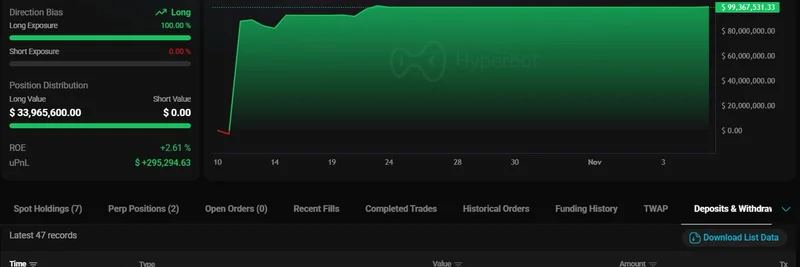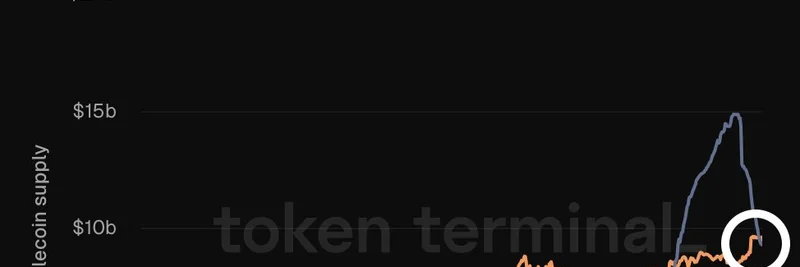In a recent episode of The Rollup podcast, Tomasz K. Stanczak, Co-Executive Director at the Ethereum Foundation, shared some thought-provoking views on the potential risks posed by institutional dominance in the Ethereum ecosystem. As someone who's been deep in the trenches of blockchain development, Stanczak's perspective offers a balanced take that's especially relevant for those in the meme token space, where community-driven energy often clashes with big-money influences.
The discussion kicked off with a direct question: Does the growing presence of institutions pose a systemic risk to Ethereum? Stanczak didn't mince words. He emphasized thinking long-term about capital flows. "Think about what happens with capital over time, how resilient this displacement of capital is over tens of years," he said in the clip shared on X (original tweet). He pointed out that institutions might prioritize short-term gains without much regard for the community's long-term values. "They'll maybe say that they don't think too much about the community aspect and the long-term values."
But it's not all doom and gloom. Stanczak stressed the need for harmony between the two worlds. "You need both," he continued. "That pragmatic practical approach to push for excellence in engineering, and you need also the community and long-term vision." This duality is crucial in a space like Ethereum, the backbone for countless meme tokens that rely on vibrant, grassroots communities to thrive.
For meme token enthusiasts, this hits close to home. Meme coins like Dogecoin or newer ones on Ethereum Layer 2 (L2) solutions often start as fun, community-led projects. However, as they gain traction, institutional investors can pour in capital, driving up prices but potentially diluting the original spirit. Stanczak's warning serves as a reminder that sustainable growth in the meme space requires maintaining that community core while leveraging institutional engineering prowess.
The episode, titled "Ethereum Is Based," also delved into how Ethereum's narrative has evolved over the past six months. In another clip (see here), Stanczak highlighted the decentralized leadership within Ethereum. "Ethereum has so many leaders, some stealth mode, some visible, some just quietly deep building code, that's all that matters." This quiet building ethos mirrors the under-the-radar development often seen in meme token projects, where anonymous creators focus on code and community rather than hype.
Adding another layer, Luis F. Goh from Gelato Network joined the conversation, critiquing current L2 rollups for not fully aligning with Ethereum's settlement principles. "All of the Rollups today, even Arbitrum, even Base, were getting 0 because they all still heavily rely on multi-sigs and security councils," Goh explained in his segment (clip here). Rollups are essentially scaling solutions that bundle transactions to make Ethereum faster and cheaper—perfect for meme token trades that need low fees and quick execution.
Goh's point ties back to emerging tech like ZK proofs for instant bridges, native rollups for better security, and based sequencing for censorship resistance. These advancements could make L2s more "Ethereum-like," boosting the ecosystem for meme tokens by improving speed, security, and interoperability without sacrificing decentralization.
If you're building or investing in meme tokens on Ethereum, Stanczak's insights underscore the importance of resilience. Institutions bring the capital to scale, but the community's vision keeps the ecosystem innovative and inclusive. As Ethereum continues to evolve with based rollups and better scaling, meme tokens stand to benefit immensely—if the balance is struck right.
Check out the full live broadcast on X for more depth (Ethereum Is Based). Stay tuned to Meme Insider for more updates on how blockchain trends impact the wild world of meme coins. What's your take on institutions in crypto—boon or bane? Drop your thoughts below!



